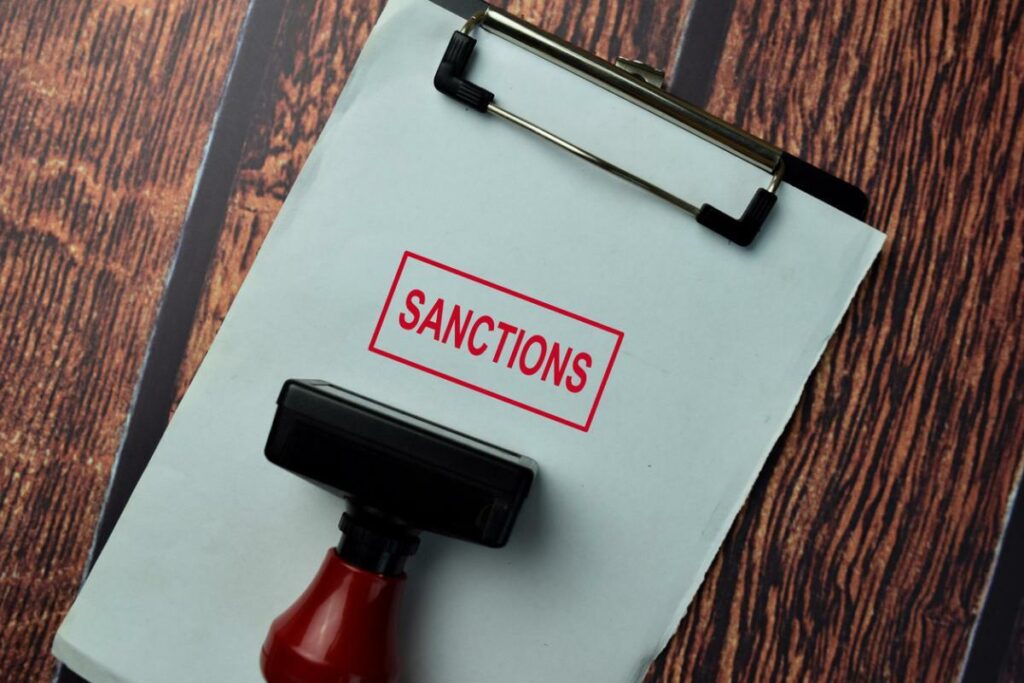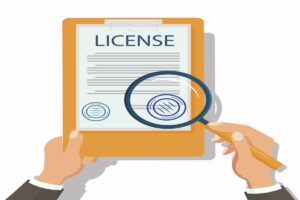Earning any occupational license occurs after you put in a substantial amount of time and effort. As a result, when the Texas Department of Licensing & Regulation (TDLR) receives a complaint against you, the potential thought of losing your license or ability to work, even temporarily, can be devastating. An occupational license defense attorney can help you fight back against the allegations you are facing and work to minimize any sanctions that your licensing board may seek.
Enforcement Plans and Sanctions
TDLR licenses and regulates a wide variety of occupations. As part of its regulatory duties, TDLR also receives complaints about licensed individuals in the occupations it regulates, investigates those complaints, and takes enforcement action for noncompliance with the rules and laws that govern that occupation. For each occupation, TDLR has developed a comprehensive enforcement plan.
The purpose of the enforcement plan is to provide a structure for consistent decision-making in enforcement cases within each occupation. More specifically, Tex. Occ. Code §51.302(c) states that “[t]he commission shall by rule or by procedure published in the Texas Register establish a written enforcement plan that provides notice to license holders of the specific ranges of penalties that apply to specific alleged violations and the criteria by which the department determines the amount of a proposed administrative penalty.”
However, the sanctions outlined in each enforcement plan are not binding upon the TDLR when determining the appropriate sanctions in disciplinary. The only legal limits to TDLR’s authority come from Chapter 51 of the Texas Occupations Code and any statutes governing a particular occupation.
Click to contact our professional license defense lawyers today
However, TDLR’s prosecuting attorneys generally will seek sanctions as provided within each occupational enforcement plan. Seeking a sanction outside the provided range requires a finding of exceptional circumstances and the express approval of the TDLR Director of Enforcement.
Likewise, the plan is not an exhaustive list of all potential violations. Therefore, TDLR can pursue violations of rules or laws not provided for in the enforcement plan as long as they are enforceable violations.
Content of the Enforcement Plans
Persons/Entities Regulated
Complete a Case Evaluation form now
Each plan contains a section for each type of individual and/or entity that TDLR regulates. While some rules and laws apply to all regulated individuals and/or entities, different rules and/or laws may apply only to some regulated individuals and/or entities.
Individual Rule/Law Violations and Citations
Each enforcement plan lists and briefly describes violations that regulated individuals and/or entities may commit, along with the citation to the relevant rule and/or statute. Typically, the violations are arranged into three to five classes, with an increasing level of severity.
Administrative Penalties and Sanctions
Each plan also sets forth specific ranges of penalties and sanctions for the different violations of the laws and rules according to class. Furthermore, within each class, the plan designates the recommended penalties and sanctions for first, second, and third or subsequent violations. A previous complaint typically constitutes a violation only if formal disciplinary action by TDLR led to an Agreed Order, a Final Order, or a Reprimand.
TDLR also assesses penalties and sanctions on a “per violation” basis. In other words, if an individual commits three violations, they would receive a maximum of three times the prescribed administrative penalty at the top end of the range.
Some violations call for a penalty and/or sanction, whereas others call for a penalty and a sanction. These connecting terms are to be interpreted with their traditional meanings: “and/or” means either a penalty, a sanction, or both. On the other hand, “and” means that a penalty and a sanction are generally appropriate.
Criteria TDLR Considers in Assessing Administrative Penalties and Sanctions
TDLR also considers several general factors in determining the amount of an administrative penalty or the severity of a sanction to impose in a particular situation. These factors include the following:
- The severity of serious of the violation;
- Whether the violation was willful or intentional;
- Whether the individual or entity acted in good faith to avoid or mitigate the violation or to correct the violation after it occurred;
- Whether the individual or entity has engaged in similar violations in the past;
- The level of penalty or sanction necessary to deter future violations; and
- Any other matter that justice may require.
We Are Here to Defend Your Rights as You Seek an Occupational License
Maintaining and defending your occupational license during disciplinary proceedings can be a stressful, challenging, and lengthy process. The guidance of an experienced occupational licensing lawyer can make all the difference in the outcome of your disciplinary proceedings. With a strong legal advocate on your side, you may be able to put yourself in a better position to pursue the career path you are seeking. Contact Bertolino LLP at (512) 515-9518 or visit us online.
Call or text (512) 476-5757 or complete a Case Evaluation form






